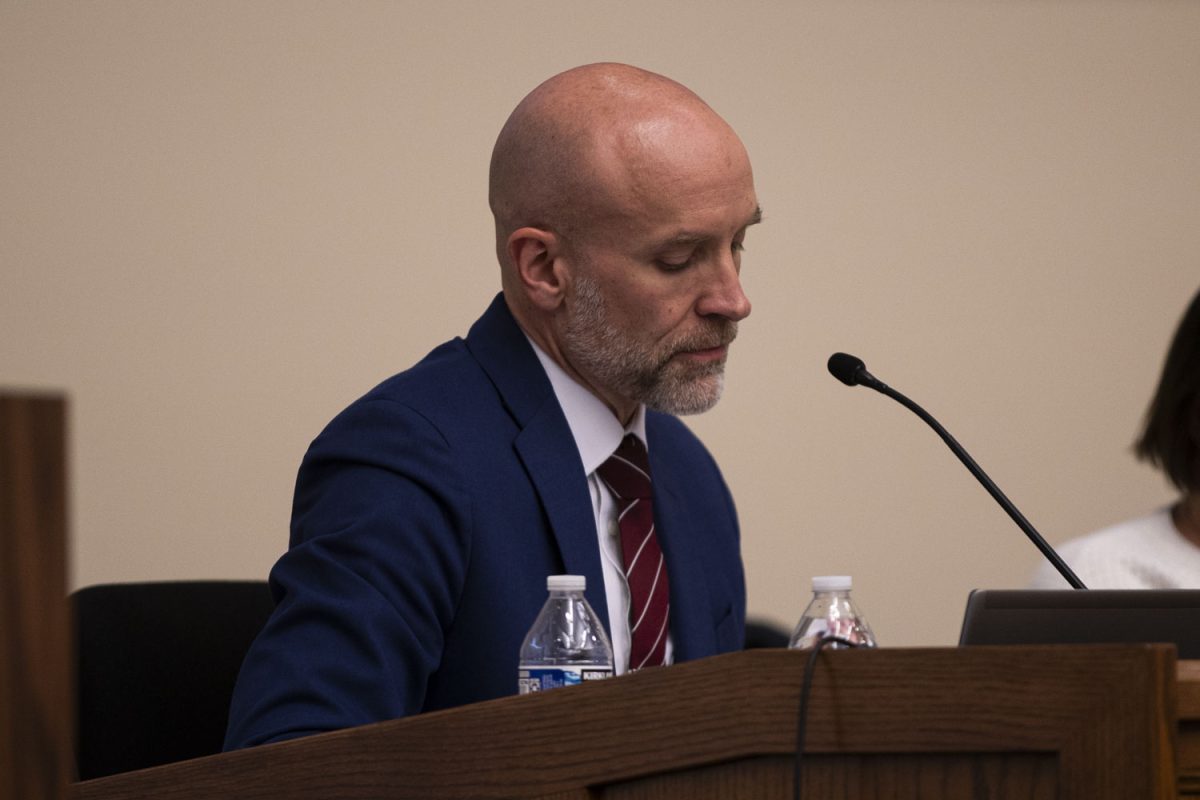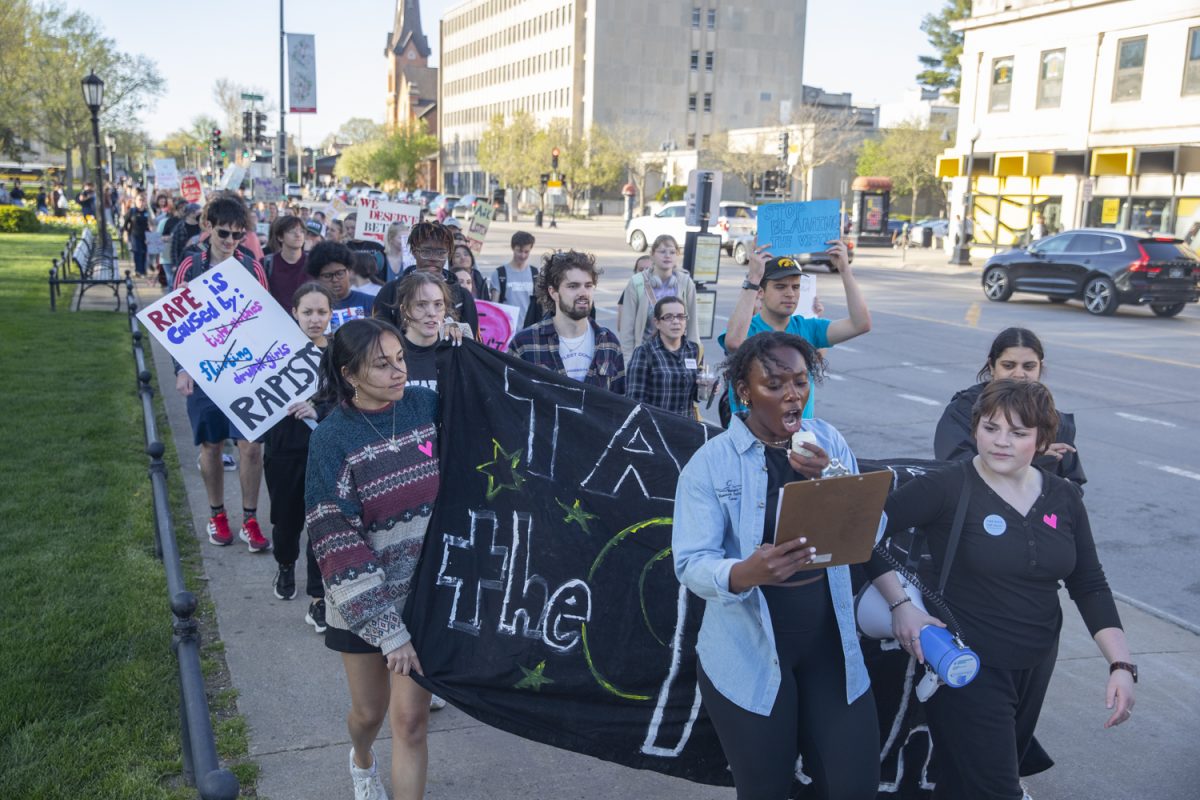Nearly 10 months after the approval of the federal stimulus package, future ex-employees are proving to be the UI’s biggest beneficiaries.
The UI spent around $33.4 million of its total $35.5 million in stimulus funding to pay the salaries and benefits packages of employees leaving the university by June 30, 2010, a copyrighted Des Moines Register article reported. The majority are going through the UI’s new early retirement incentive program.
Stimulus funds are meant to go to creating and saving jobs. While it may seem paying former employees isn’t meeting that standard, UI officials maintain the spending will ultimately protect jobs and save the university money.
Officials estimate saving the university around $14 million annually over the five-year life of the early retirement program, bringing in a total of $70 million.
UI spokesman Tom Moore said using stimulus funds for the retirement program helps the university avoid cutting other jobs.
“Every position we are able to get rid of through attrition means we are able to save another job,” he said. “By downsizing the workforce, we are able to avoid layoffs.”
Officials only approved individuals whose participation in the early retirement program would lead to a direct savings for the university, said Richard Saunders, a senior associate director of UI Human Resources. Department heads made the initial approvals based on an individual’s value to the department and whether that person would need to be replaced on staff, he said.
Saunders said such “local decisions” were critical to the process and lauded the program allowing department heads to control and manage savings opportunities in their units.
Around 350 people are approved to take part in the program, but the number is not final, because employees can still decide not to leave, Saunders said.
The UI has downsized its total workforce by approximately 400 employees over the last year, Moore said, and the university recently laid off 11 staff members from the College of Pharmacy despite attempts to avoid layoffs completely.
While officials call the early retirement program a success, some students are still not sold on the way in which the funds were distributed.
UI senior Chelsea Grubbs said that while using the money for salaries is perhaps beneficial, she would have liked to have seen the money go to more visible projects.
“I think that they should have been used to improve the campus and develop more projects for students,” she said, suggesting creating more laboratory facilities and programs to give students the opportunity to learn outside of the classroom.
Moore said officials considered using funds for infrastructure projects but decided they had more pressing personnel needs.






